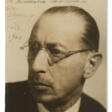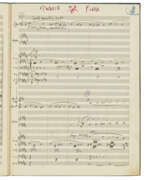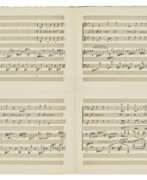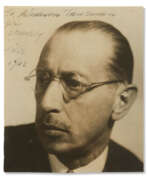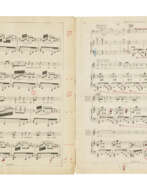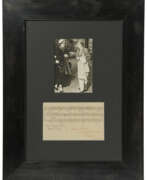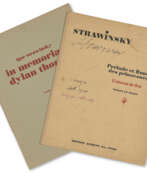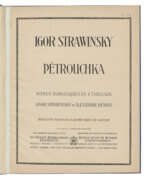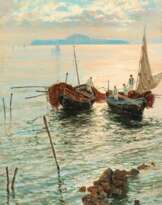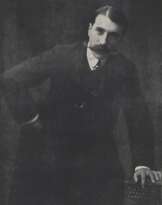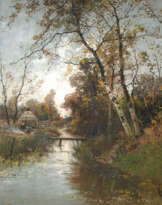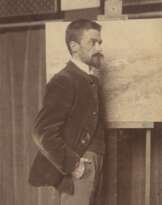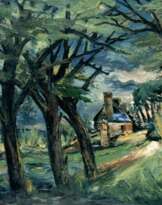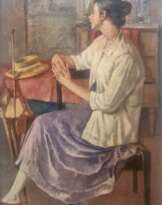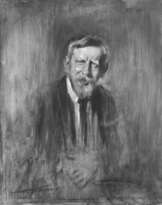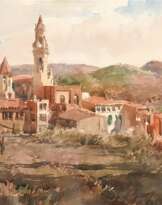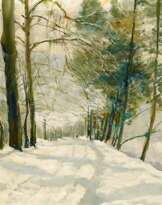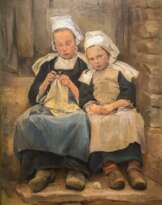Igor Stravinskii (1882 - 1971)
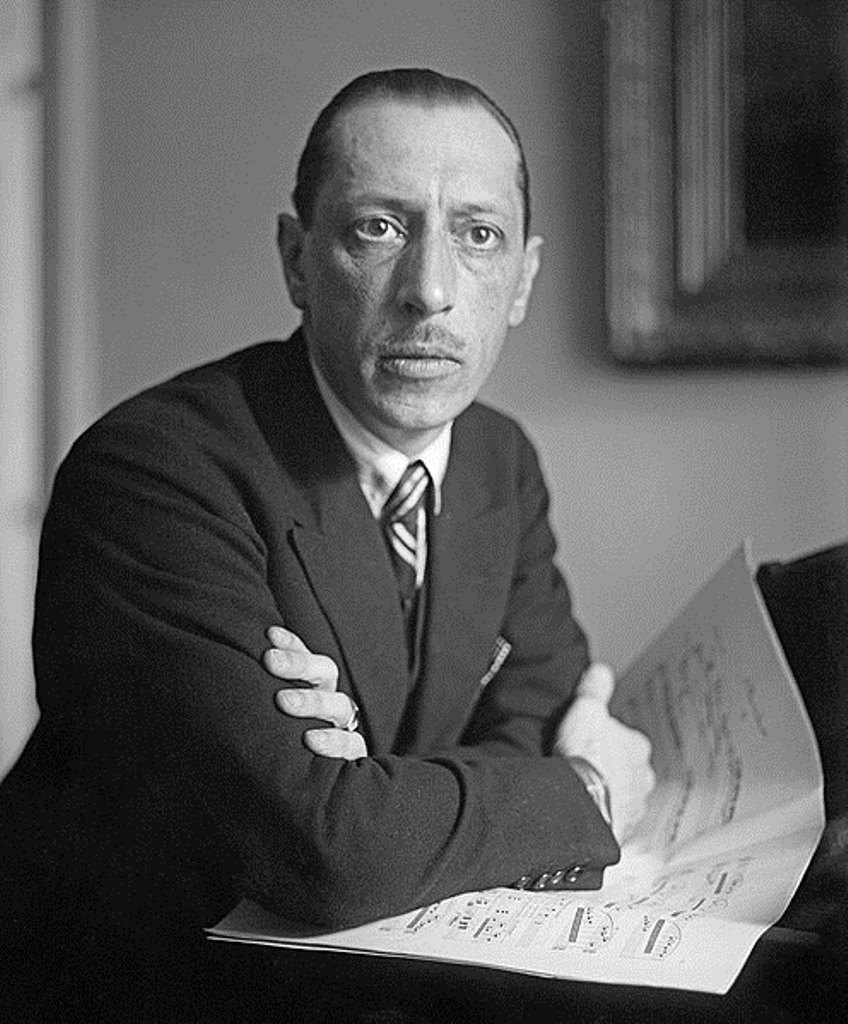
Igor Stravinskii
Igor Fedorovich Stravinskii (russian: Игорь Фёдорович Стравинский) was a Russian composer, a citizen of France and the United States. One of the greatest representatives of the world musical culture of the 20th century.
The future composer was born into a creative musical family. Igor Stravinskii's father was an opera singer, soloist of the Mariinsky Theater Fedor Stravinskii, and his mother was a pianist Anna Kholodovskaya. Igor studied music at home, the Stravinskiis were often visited by their friends: composers Caesar Cui and Nikolai Rimsky-Korsakov, critic Vladimir Stasov and writer Fyodor Dostoevsky. For five years from 1902 Igor Stravinsky studied with the composer Nikolai Rimsky-Korsakov. At the same time he became close to the impresario Sergei Diaghilev and the artists of the "World of Art" association.
Stravinskii 's first works were created under the influence of Rimsky-Korsakov and the French Impressionists, and his music bears a vivid imprint of the Russian cultural tradition. Igor Stravinskii's first ballet, The Firebird, was performed in June 1910 at the Paris Grand Opera House, and he later wrote music for Diaghilev's ballets Petrushka (1911) and Sacred Spring (1913). It was after the premiere of his ballets at Sergei Diaghilev's Russian Seasons in Paris that Stravinskii gained worldwide fame. The sets for his ballets were created by the artists Alexander Benois and Nikolai Roerich, the choreography was prepared by the famous dancers Vaclav Nijinsky and George Balanchine, and the costumes were designed by Coco Chanel herself.
In 1920 Stravinskii moved to France and in 1934 he took French citizenship. In Paris, the composer composed many works that became world-famous. In 1939 Igor Stravinskii moved to the United States and in 1945 he took American citizenship. During this period, he began to turn more to biblical themes and music of the pre-Brahmsian period.
From 1924 Stravinskii also performed as a pianist and conductor of his own works. In 1962, at the invitation of the USSR Ministry of Culture, Igor Stravinsky gave several concerts in Moscow and Leningrad (now St. Petersburg).
Critics believe that in recent years Stravinskii was moving further and further away from the Russian style, but the composer himself believed otherwise. On the basis of Russian folk songs, in 1965 he created a canon for orchestra, "Not a Pine Tree at the Gate Rocked". A year before his death, in 1966, the composer wrote the requiem "Funeral Chants", which he considered to be one of the major works of his life.
| Date and place of birt: | 17 june 1882, Oranienbaum, Russian Empire |
|---|---|
| Date and place of death: | 6 april 1971, New York City, USA |
| Period of activity: | XX century |
| Specialization: | Composer |
| Art style: | Impressionism |
